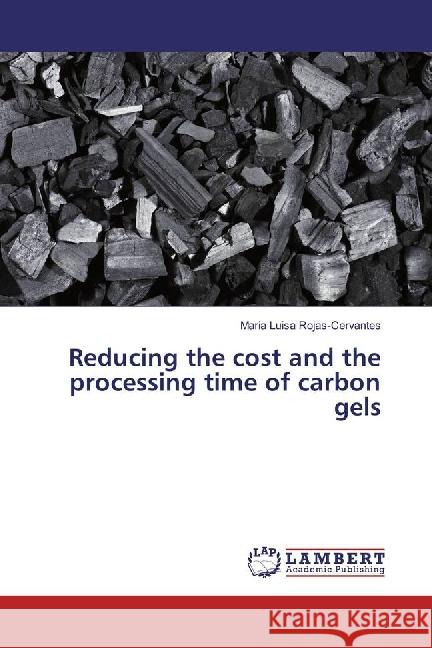Reducing the cost and the processing time of carbon gels » książka
Reducing the cost and the processing time of carbon gels
ISBN-13: 9783659889110 / Angielski / Miękka / 2016 / 68 str.
The carbon gels obtained by polymerization of resorcinol (R) and formaldehyde (F) are very attractive materials because a great variety of porous structures to be fitted in specific applications can be tailored by modifying the synthesis conditions. However, the application of RF carbon gels at industrial scale is principally limited by their high cost and by the long duration of the synthesis process. This book shows the strategies applied at different stages of the global process, synthesis, gelation-curing, and drying, which have been developed in order to reduce the cost and the processing time of carbon gels. The use of monomers cheaper than resorcinol, as phenol or cresols, or of natural resources can lead to the formation of carbon gels with similar structure to that of RF carbon gels by selecting the appropriate synthesis conditions. The stages of gelation and curing can be shortened by using an inorganic acid as polymerization catalyst or by applying the ultrasound technique during the synthesis. Finally some drying techniques, as microwave or convective air drying, cheaper and/ or faster than drying by supercritical CO2 are revised.











